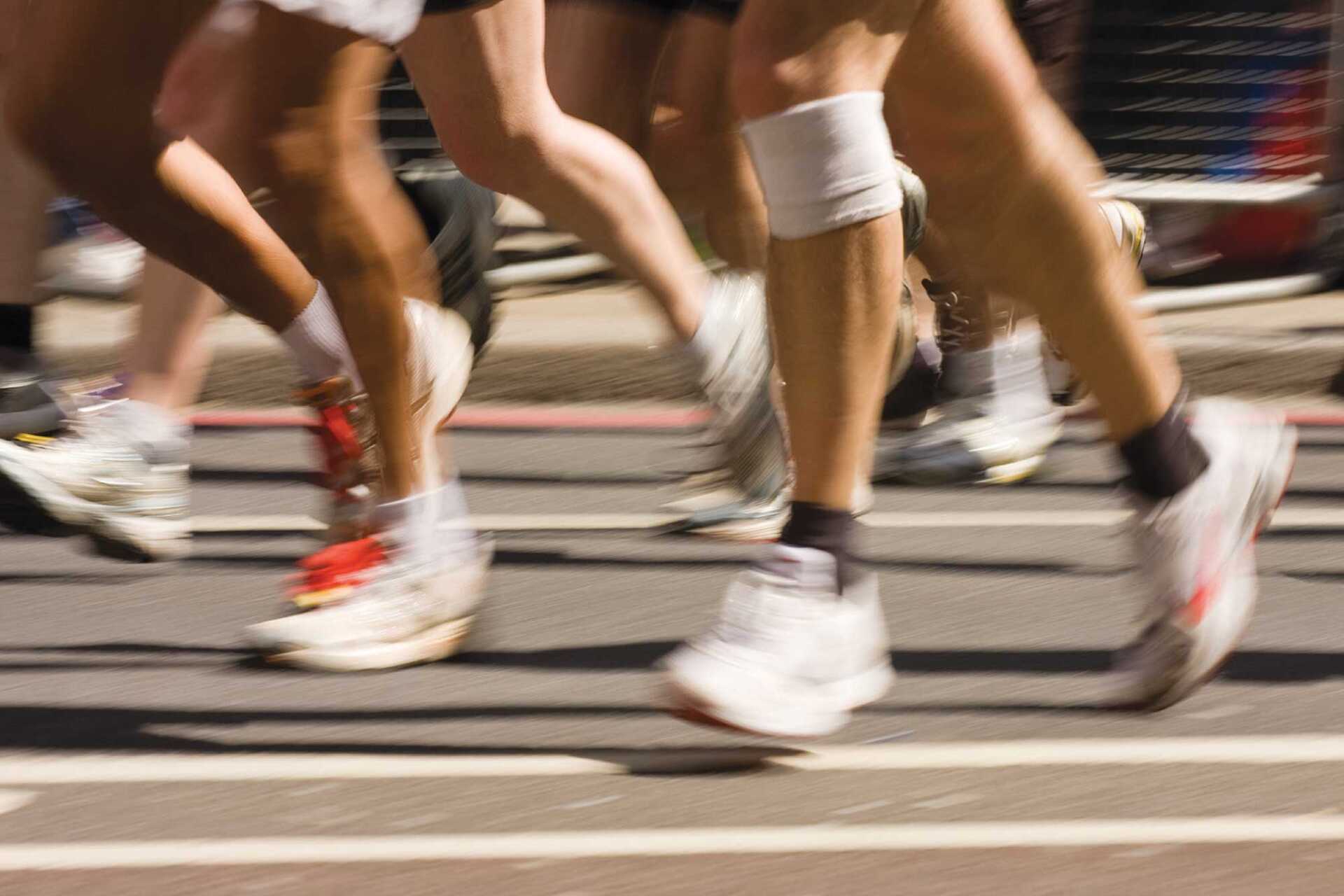Overview
This degree requires you to undertake a substantial, original research project, under the supervision of one or more members of academic staff who act as supervisors (see our Master's by Research projects). Your supervisory team provides guidance both in terms of research project development and execution. Typically, you meet with your supervisors more frequently at the initial stages of research than during the phases of data collection and analysis.
Reasons to study Sport and Exercise Science at Kent
- We offer a wide range of Master’s research projects for you to choose from.
- Our academic staff are leading experts in Sport and Exercise Sciences, ensuring you receive the best possible supervision. Find out about the staff who are open to supervising research students, together with their research interests.
- There's a wide range of training available to Master's students where you will gain traditional, transferable skills, plus research-specific training. This is either provided by Sport and Exercise Sciences staff or by the University's Graduate and Researcher College.
- You are invited to attend the School’s postgraduate seminar series to develop subject-specific knowledge and research skills relevant to your field of interest.
- Our world-leading research activity is divided into two main themes: Endurance Performance; and Sports Therapy, Physical Activity and Health; and spans the areas of physiology, psychology, nutrition, biomechanics, older people, clinical population, elite athletes, and members of the general population.
Find an MSc project and a supervisor
Choose an area that interests you from our wide range of Master’s research projects.
Once you have identified a project and a potential supervisor, please contact them directly by email to discuss the possibility of undertaking an MSc under their supervision. Please outline your interest in the research project, supply a CV including all relevant experience and details of how you will fund your study.
Apply for the course
After securing a project and a supervisor, you can proceed to make an online application for this course (click 'Apply now').
About Sport, Exercise, and Rehabilitation Sciences
Sport, Exercise, and Rehabilitation Sciences is one of the most exciting and innovative sports departments in the UK. Based on the University’s Canterbury campus, we have well-equipped, state-of the-art sports science laboratories, a sports therapy clinic, sports rehabilitation gymnasium and respiratory clinic. Our laboratories include the latest equipment, such as our:
- anti-gravity treadmill, originally developed to help NASA astronauts to exercise in space
- cycling and rowing ergometers to measure anaerobic capacity
- isokinetic dynamometer to measure muscle and joint function
- brain and muscle stimulators
- 3D motion video analysis
- imaging and treatment ultrasound
- gait analysis and force pedals
- blood testing and gas analysis equipment
- rehabilitation gymnasium
- environmental chamber, which can recreate the atmosphere in the Brazilian jungle or at the top of Everest.
As a Kent student, you'll also have access to some top-class leisure and study facilities. For example, the Sports Centre and Pavilion provide:
- an air-conditioned fitness suite across two floors
- dance and fitness studios with numerous classes
- indoor courts for badminton, basketball, netball, volleyball and squash
- training facilities for martial arts, boxing and combat sports
- outdoor pitches for rugby, football and American football.

